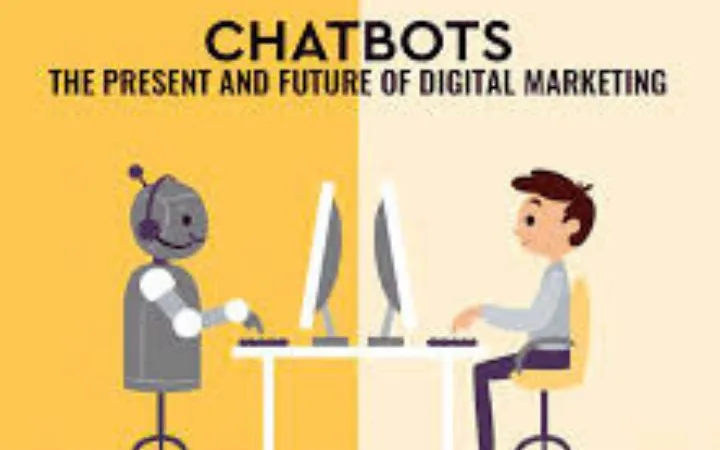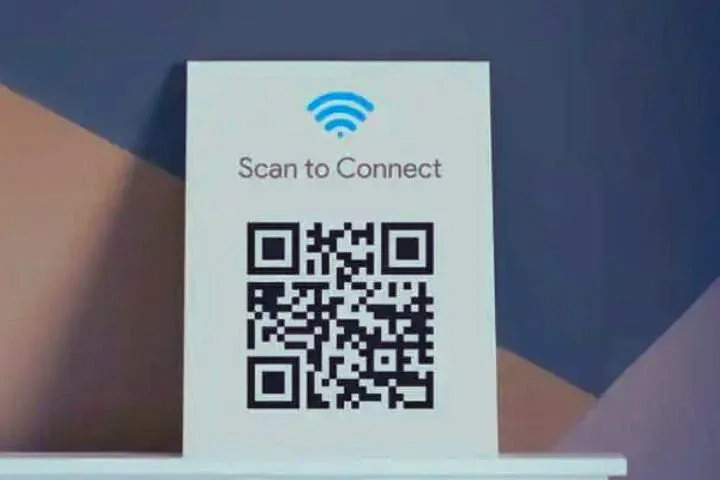Top Three Programming Languages For Building Android Apps

All the different programming languages and their uses can be very complicated – a complete description of the languages would require an entire book. Choosing which language to learn first can be overwhelming and confusing . The “easiest” language for you to learn will depend on the way your mind works and how much time you spend studying. What is the Best Programming Language for Android Apps?
Some decide to learn the “hardest” language first so that all other languages are comparatively easier. Although this is an exhausting method that I cannot recommend. Similarly, the “best” language for you to learn first depends on your goal and the amount of time available for study and practice.
Table of Contents
How To Build An Expert Mobile App Development Team
Mobile app programming never requires a language. Either for iOS or Android . If your application will use the web or outside of the APIs (Application Program Interface), you will need to use some data storage and connectivity programming languages.
C ++
C++ is not easy to learn and is definitely not a recommended starting point. It is an older object-oriented language with many rules and limitations. It is standardized by the International Organization for Standardization. That helps the language and slows down its development.
There is a wide range of support when you run into issues, but newer features take time to be added due to the review process . If you are a brave soul, jump on! C++ offers the highest level of control with access to C++ libraries and native development. This means that your code will communicate directly with the device.
However, if this is not important to you. You must start somewhere else. C++ is a complex language to learn, and you may run into serious problems as a beginner. For one, there is no automatic garbage collection. This means that the objects are not removed from the device memory. Unless you code this manually, the memory will continue to fill up and eventually the app will crash.
C++ is also very unforgiving when you make mistakes in code. No error messages or exceptions will be given. Your code will crash without explanation.
Java
Java is a slightly more beginner friendly language. Despite the similarities in name, Java is not related to JavaScript. It is a very universal object-oriented language and runs on the Java Virtual Machine .
Most languages work by converting code into a language that a computer can read. The Java Virtual Machine first converts your code to another language, and then can convert it to work on any operating system, including Android and iOS.
This would be like having an interpreter convert your English to French. And then have multiple interpreters to convert French to Spanish, German, or any other language.
This makes converting Android Java code to iOS and other devices much easier . However, coding in Java means that you are talking to the Java Virtual Machine and not natively.
Unlike C++, Java gives error messages and helps you define what is wrong with your code. This makes it easier for beginning programmers. On the downside, Java has a lot of rules and requires a deep understanding of inheritance and hierarchies, which can be difficult if you’re just starting out.
However, if C++ and Java seem too complicated, there is a third language that might be the best option if you’re just starting out.
Kotlin
Kotlin is a newer language developed by Google. Since it was developed by Google, it works seamlessly with Android and Java.
This new language is inspired by Java. C++ and all its precedents, so you can think of it as an improved version of these languages with new features added. Of the three we’ve discussed, Kotlin is by far the most accessible. It is a very clean and relatively simple language, with fewer formalities and rules than C++ and Java.
While you still need to understand basic programming concepts and structures. You can generally achieve the same result with fewer lines of code.
As the Kotlin website says, “rough estimates indicate about a 40% cut in the number of lines of code.”
This is definitely a plus for beginners, although it does mean that more weight is put on each line of code you write. Kotlin is also in the process of becoming fully compatible with iOS, which is another big plus.
Unfortunately, since this language is new and not standardized. There is less support and troubleshooting available. Which can make it difficult for beginners. Overall though, it’s a great starting point if you’re venturing out into the vast world of Android development.
Preparing for success as a programmer
If you have a genuine interest in programming and some time to learn, start with Kotlin and work your way up to C++.
Kotlin is a language created by developers for veteran and novice programmers alike . It will give you a friendly introduction to computer science and teach you some Java along the way. Because Kotlin is so new, many developers are not familiar with it. Learning it now will give you an edge over other developers when applying for jobs or freelancing.
C++ is not an official programming language for Android and much more difficult to learn. This should be the last language you learn, if at all.
Also Read : What Is A Lead In Digital Marketing
How To Configure Your IDE
You may have wondered where you actually write the code you’ll be working with. The answer is your integrated development environment, or IDE.
IDEs is where you go to write, compile and run your code . The most common of these is Android Studio , which has a simulator that represents a phone for you to test your app.
You can also connect your phone to Android Studio and test it in real life, which many developers prefer. To design the screen layout, Android Studio uses XML, or Extensible Markup Language. This is another simple language that you will need to learn in addition to Kotlin, Java, or C++.
Plan Your App For Massive Success Before You Start
However, before you start programming in the IDE, you should carefully plan the application you want to build. Nothing is more frustrating than starting too early and needing to delete code you spent hours writing and debugging, or discovering that a function isn’t needed after all.
Before you start programming, focus on your app’s user interface and experience . Identify all the buttons, features, and screens your app will have before you even start coding.
Spending hours coding a function that you later realize you don’t need becomes very frustrating very quickly . Follow the design process. Start with an idea, which you probably already have. You’ll need to write your features in a spec document and then configure your design.






